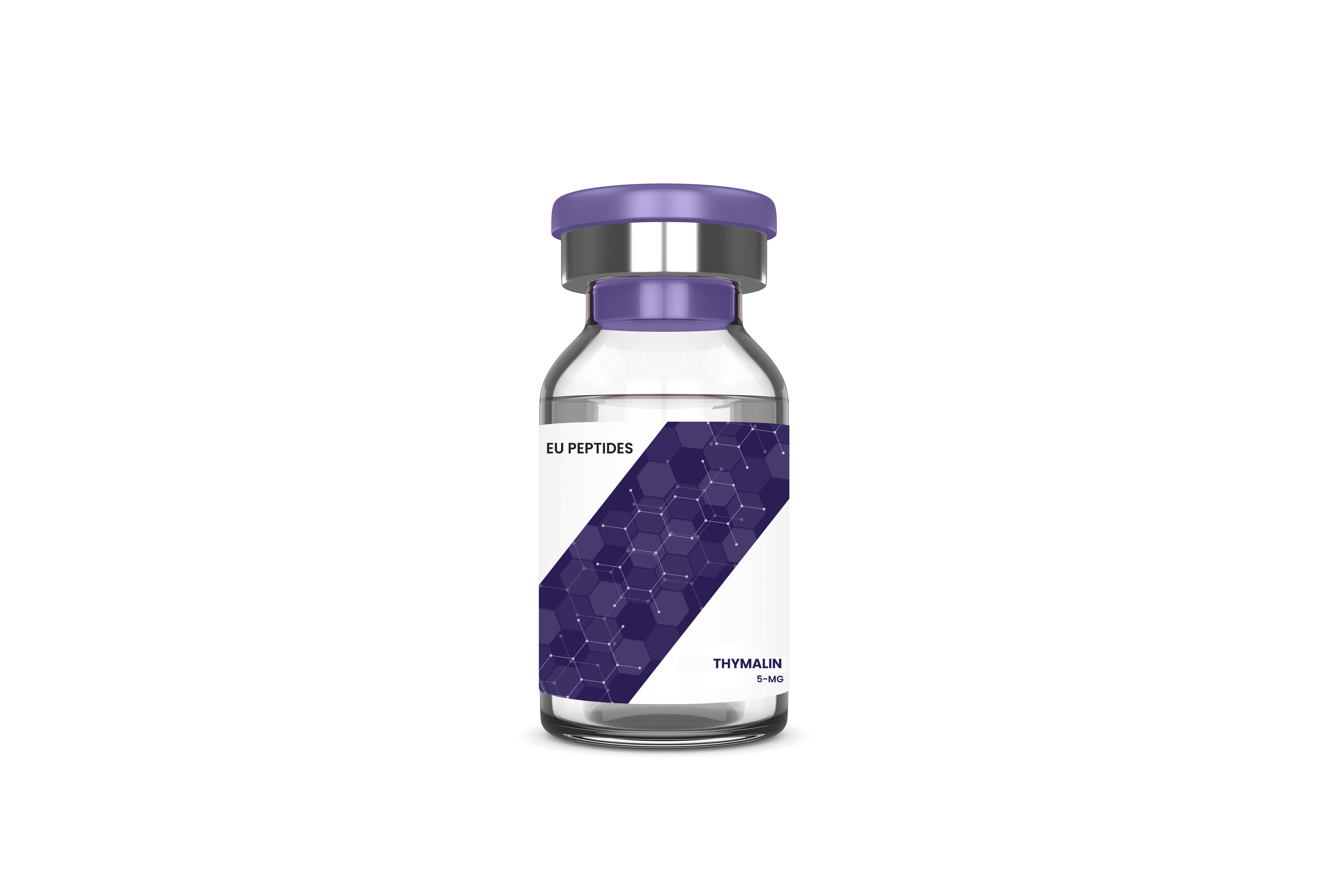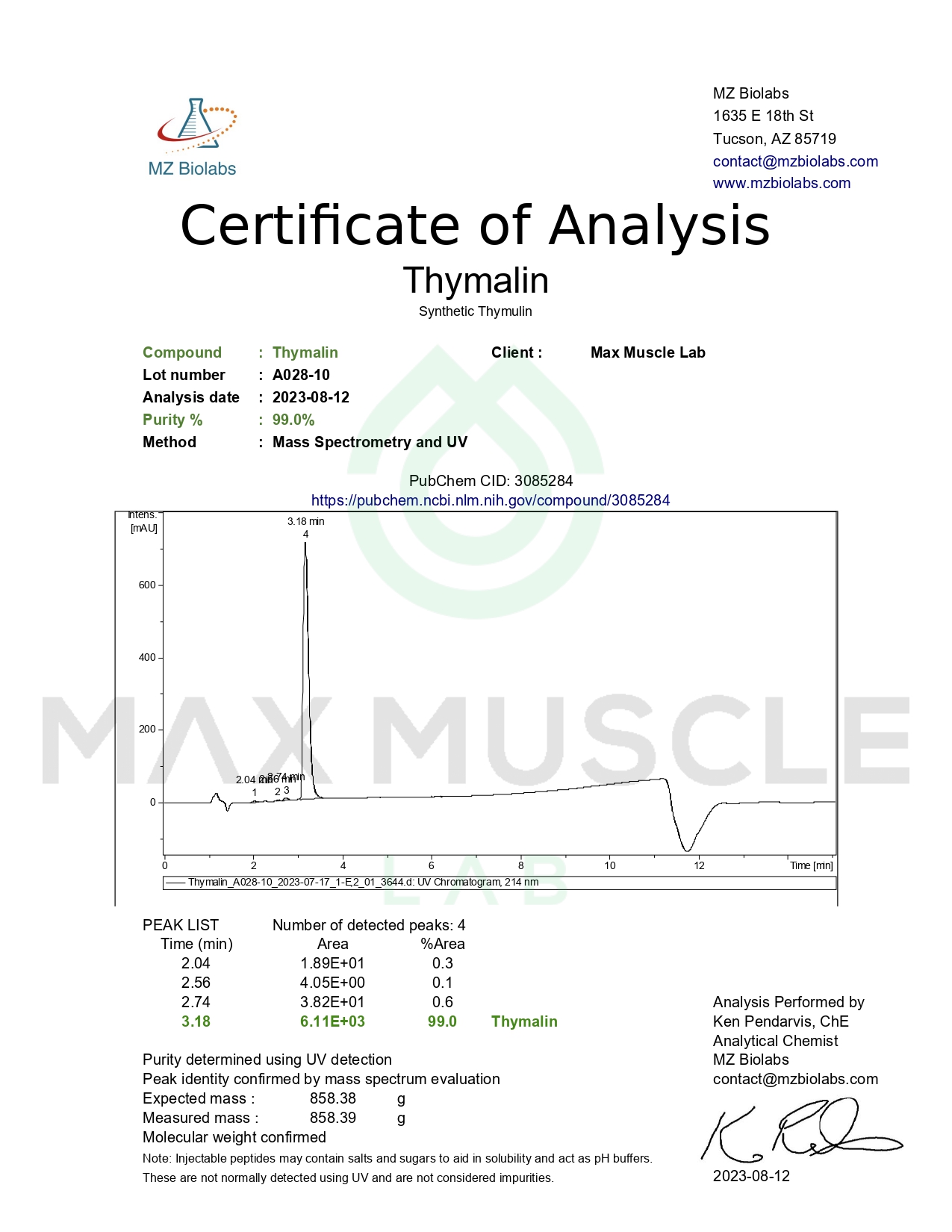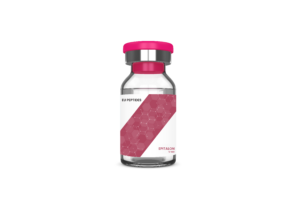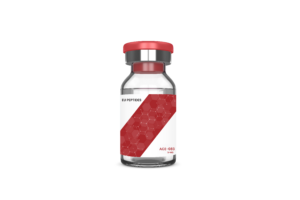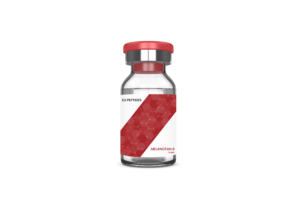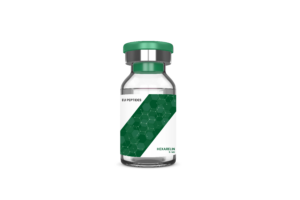Pharmacokinetics
Thymalin, like many neurological compounds and functions, does not have a fully understood mechanism of action. However, current research seems to show a link to the immune system. A study in 1997 suggested that thymalin is involved in the differentiation and formation of T-cells. The same study also showed that thymalin could improve the functioning of T-cells.[2]
Scientific Studies
Researchers have tested and assessed the effects and efficacy of thylamin in multiple demographics, and in animals and humans. A study that began in the late 1990s assessed the longevity effects of thymalin. Over 200 elderly citizens were administered thymalin for two to three years. At the end of the study, researchers determined a link between thymalin and extended lifespans in the test subjects.[3] Another study conducted on fruit flies and mice demonstrated similar findings.[4
Sources:
[1] https://www.nature.com/articles/266055a0
[2] https://www.ncbi.nlm.nih.gov/pubmed/9483196
[3] https://www.ncbi.nlm.nih.gov/pubmed/14523363
[4] https://www.ncbi.nlm.nih.gov/pubmed/12374906
[5] https://www.sciencedirect.com/science/article/pii/S0192056197000581
[6] https://www.verywellhealth.com/injection-side-effects-call-doctor-2616542

